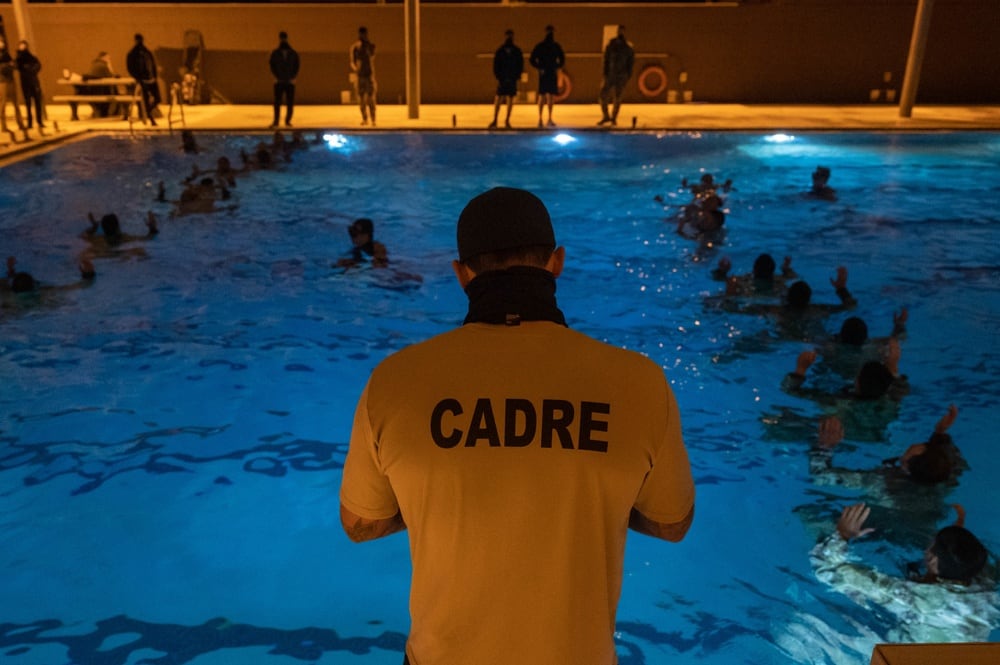This story is part of the portfolio that won the 2023 Society for Professional Journalists Dateline Award for beat reporting in a newsletter or trade publication.
Editor’s note: After this article’s publication, a source provided records documenting how the female special tactics officer candidate quit during solo land navigation training, but still was offered the opportunity to return.
Air Force Special Operations Command boss Lt. Gen. Jim Slife is calling for an inspector general investigation after claims surfaced that his organization is unfairly pushing an unqualified female airman through special tactics officer training.
If she completes the program, she would become the first woman to make it into the elite special tactics field — a major win for the Air Force.
On Wednesday, however, an anonymous member of the AFSOC community raised questions in an letter about whether the airman is receiving preferential treatment to stay in the pipeline, despite allegedly quitting multiple times.
A special tactics source provided the full anonymous letter to Air Force Times on Thursday, as well as course records documenting an instance in which the female candidate self-eliminated during a land navigation event. Elements of the letter were corroborated by a second special tactics source who witnessed a separate instance in which the candidate quit in pool training.
“If you were to ask the [special tactics] brothers in the community, ‘Are women ready to serve as SOF operators?’, the answer would be yes,” the letter reads. “The community is ready for a female operator; however, it has [to] be the right female that is capable of meeting the same standards asked of the men.”
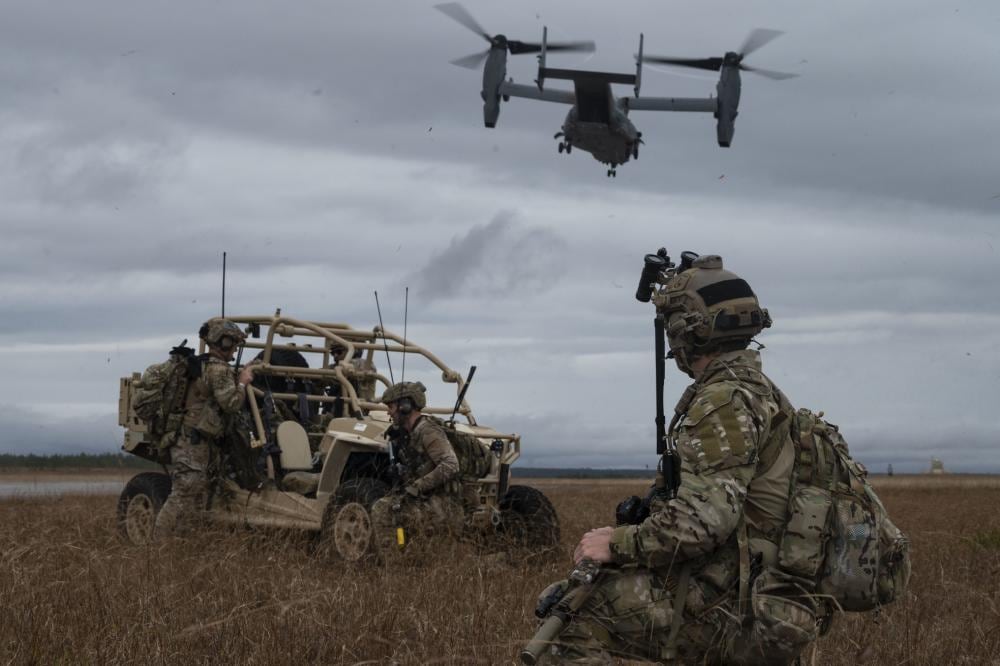
Special tactics is the Air Force’s name for a collection of commando jobs, including combat controllers, pararescue and special reconnaissance airmen, who are all led by special tactics officers. It’s a small cohort within the far larger AFSOC world, comprising roughly 1,000 operators, and is the most decorated community in the Air Force since the Vietnam War.
The situation highlights fear in the special tactics community that Slife and other AFSOC officials want to push a woman through the pipeline at all costs to score political points that could lead to prestigious assignments and promotions.
“It seems like there’s a mentality that we need to be on the cutting edge of this,” a special tactics instructor familiar with the situation told Air Force Times. “It’s like, we have someone that’s close and need to make sure it happens.”
AFSOC under a microscope
In the letter, the author claimed the female airman has tried to quit training three times — twice in water training sessions and once during a solo land navigation course. They also alleged she was given extra chances to prove herself, as well as preferential treatment not afforded to other trainees who quit, such as working directly under Slife at AFSOC headquarters.
“All accounts were ‘brushed under the rug’ since she was closely looked at, and her status monitored by Congress and AFSOC leadership (O-6 and above) on a weekly basis,” the letter alleged.
In a statement emailed to Air Force Times Thursday, Slife said that most of what the author asserted about the woman “is either factually incorrect or missing important context” that would change their perception. AFSOC declined to specifically address any of the points made in the letter, citing privacy concerns.
Slife reached out to the special tactics community in a letter Friday, assuring them that AFSOC has not lowered its standards to accommodate women. Air Force Times obtained the letter the same day.
RELATED
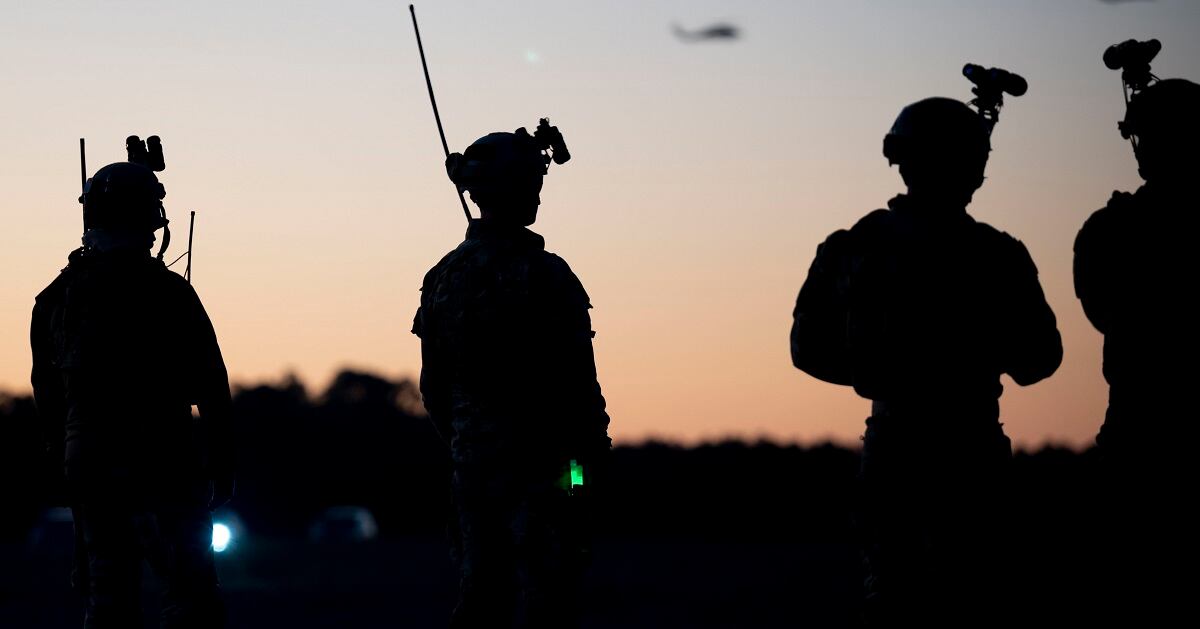
“Our standards in the operating forces are tied to mission requirements, and the only time we should change the standards is when the mission changes,” he wrote. “We do make changes in how we train airmen in order to improve the effectiveness of our training, but we do not lower our standards. … Period.”
The commander’s letter did not address the claim that the female trainee quit multiple times and was reinstated, or explain how new norms remain rigorous compared to older eras.
“It’s easy to conflate standards and norms, because over time, the norms we establish can come to be viewed as ‘the standard,’” Slife wrote. “Years ago, the norm was to assess candidates via [indoctrination.] We learned there was a better way to assess and select candidates for special tactics training, and we migrated away from Indoc.”
AFSOC now uses a model referred to as “assessment and selection,” or “A&S.”
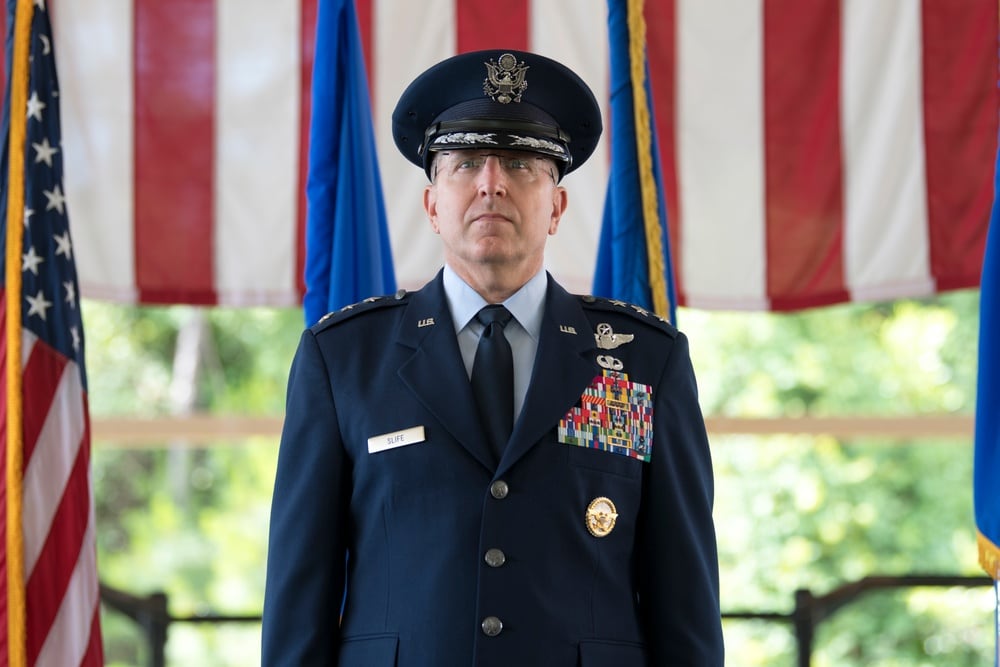
Slife said he has asked Air Force Secretary Frank Kendall to direct the service’s inspector general to conduct an independent investigation into the allegations in the email.
“The results of that independent review will be provided to the secretary, and we can trust the secretary will take steps he believes are in the best interest of the department,” the three-star general added.
The anonymous missive went viral on social media, catching the eye of Rep. Dan Crenshaw (R-Texas), a former Navy SEAL. His office did not respond to a query on whether the congressman had discussed the situation with the Air Force.
“We cannot sacrifice training standards. Ever. Full stop. If this account is true, our military needs to address it now,” Crenshaw wrote on Twitter.
Training begins
The female airman began Phase II of special tactics officer training in 2018, a weeklong process to decide who gets to start years of formal special tactics courses.
The special tactics instructor who spoke to Air Force Times, but did not author the letter, backed the complaint in an interview.
The instructor was there for a water confidence session in which the female candidate allegedly gave up during her first attempt at Phase II. “Water con” is one of the more arduous parts of special tactics training, and it’s not uncommon for trainees to lose consciousness or suffer hypoxia during particularly intense sessions.
Completing certain events later in the training pipeline — such as underwater knot tying, drownproofing or buddy breathing using a snorkel — is a prerequisite to attending mandatory combat diver courses.
RELATED
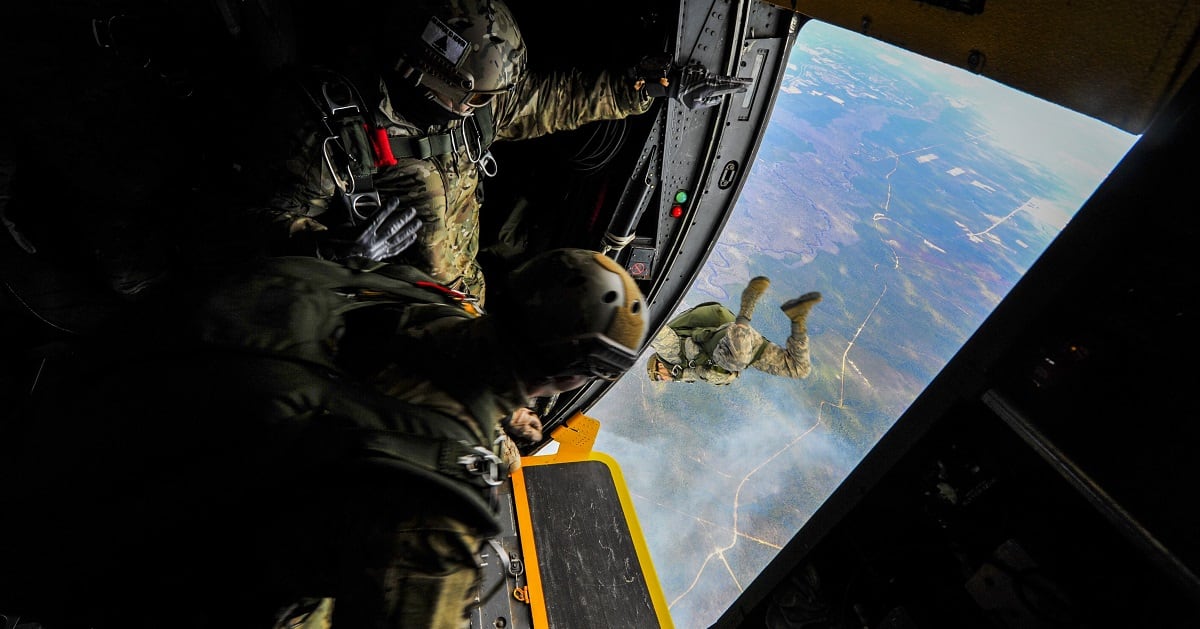
During a nighttime water con session, the female candidate got out of the pool and quit, saying she felt she was holding her team back, the instructor told Air Force Times.
“It was a huge deal,” he recalled. “All of the cadre got called into a room to discuss what happened.”
After talking with a senior instructor, she was allowed to continue training with the rest of the Phase II candidates.
At another point, candidates had to complete a timed 8-mile march with weighted rucksacks. The woman finished on time, the instructor said, but struggled on the “monster mash” portion at the end, which involved flipping a large tire as a team.
“She just physically couldn’t flip the tire,” the instructor said. “The team handed her a kettlebell and she just kind of walked behind the team for the rest of the iteration.”
However, there were positives: She had “super high” peer evaluations, meaning her fellow officer candidates thought highly of her during the weeklong Phase II, according to the instructor. But the letter and the instructor agreed the situation was certainly irregular.
“It is against societal norms for the ST community to keep a quitter through the entirety of Phase II … people that quit are not normally invited back,” the letter reads. “The hype of having a female present radiated through the community.”
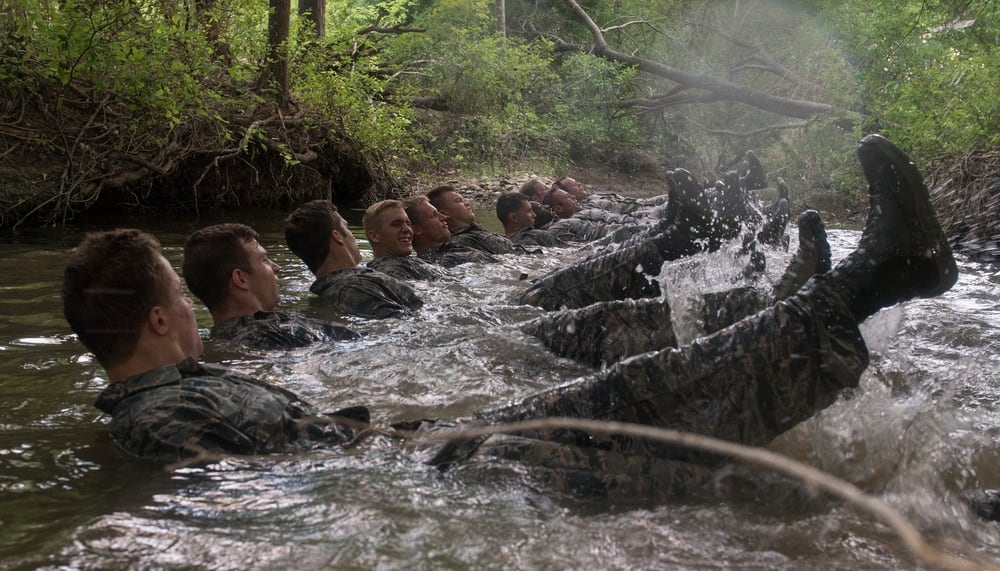
She eventually came back to Phase II the next year, but was unanimously passed over by instructors to enter the special tactics program once more, according to the letter. Then, the author said, leaders hand-picked her as a trainee candidate anyway.
Women “have the ability to provide SOF with access into places that men cannot go,” the author wrote. “This is certainly true, but at what cost?”
The female airman started formal special tactics training at Hurlburt Field in January 2020. That process takes two to three years to graduate.
The author alleged that during a course to prepare airmen to learn how to dive in combat, held at Joint Base San Antonio-Lackland, Texas, the female candidate gave up while in the pool and was sent back to Hurlburt.
“There she was allowed to attend … a more relaxed version of the pre-dive course, despite the course officially being run in Texas by the 350th [Special Warfare Training Squadron],” the letter claimed. “She completed the special pre-dive course at the [Special Tactics Training Squadron] in Hurlburt Field and then continued on with the pipeline.”
The candidate left for Combat Control School at Pope Army Airfield in North Carolina in spring 2021, according to the letter. CCS is known as the toughest and most technical part of the special tactics pipeline.
There, the author claimed, the airman pulled herself out of a solo land navigation event in which trainees are tasked with using a map and compass to find their way to multiple points in the woods. Documentation of this was also provided to Air Force Times. Course records showed the female officer self-eliminated but was marked as able to return.
“When a self-elimination occurs, the student is typically returned to their previous duty assignment and either reclassified by the Air Force or given the option to separate from the military,” the letter said. “She was presented very different circumstances.”
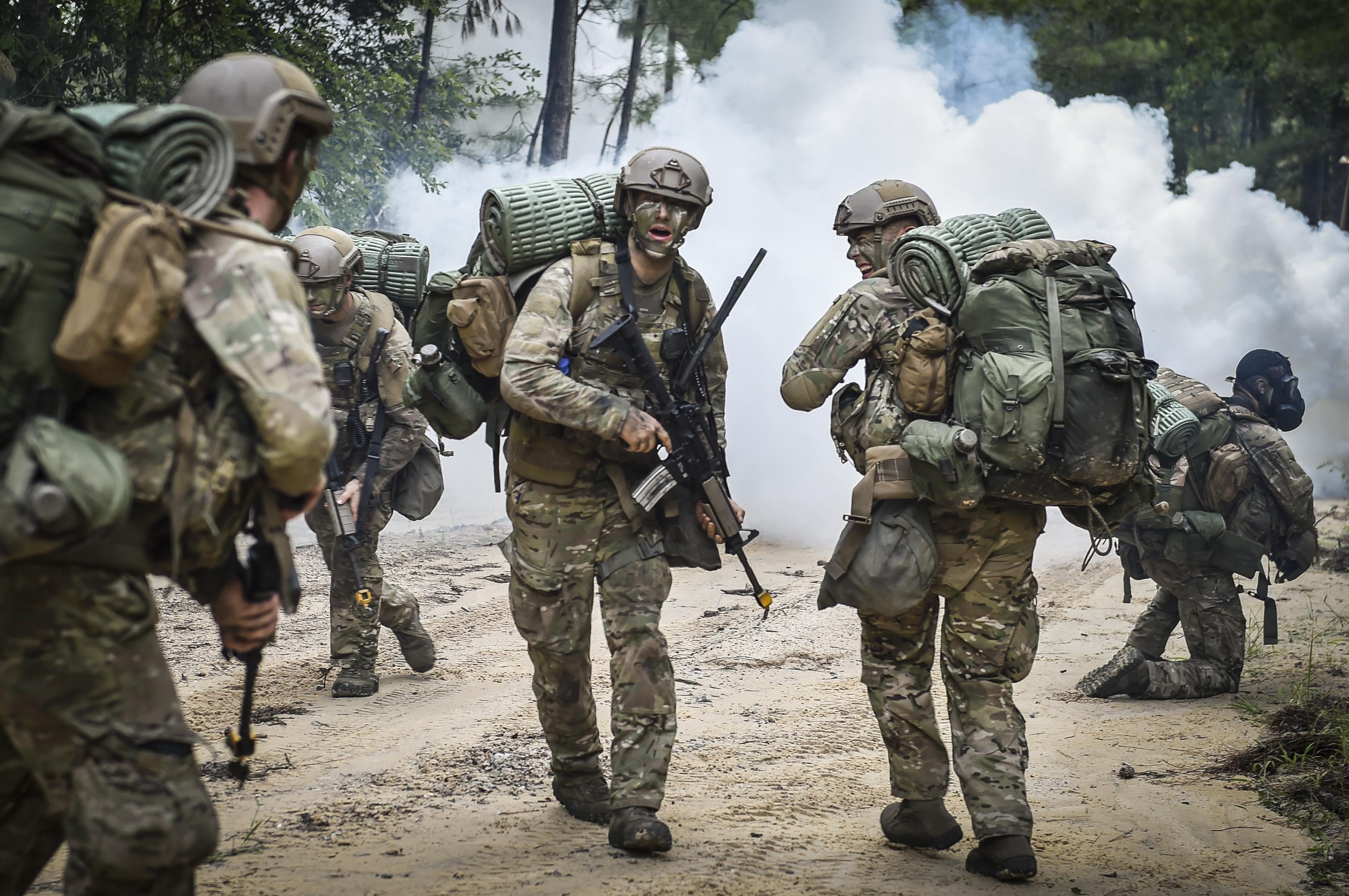
Preferential treatment or unique insight?
Back at Hurlburt, Col. Matthew Allen, then commander of the 24th Special Operations Wing, and Vice Commander Col. Allison Black, allegedly tried to convince the woman to stay in training and discussed her eventually getting to work in a highly selective special mission unit, according to the letter’s author.
“No one is offered positions at special mission units without going through the required application and assessment process,” AFSOC spokeswoman Capt. Savannah Stephens said.
The author said the candidate opted to leave the pipeline nonetheless, and later took a job at AFSOC headquarters. Stephens confirmed that the woman was assigned as a staff officer at Hurlburt.
According to the letter, the female airman designed new standards for combat controllers despite neither earning a special tactics beret nor holding other jobs within AFSOC. Stephens did not confirm the nature of the woman’s work.
“This action demoralizes the community and has created rifts amongst operators,” the author said. “Working directly for a three-star general officer in this way is atypical for any training candidate that quits the ST pipeline.”
The letter also mentions multiple reports filed throughout her time in AFSOC, including a deep-dive on the woman’s experience in training and an equal-opportunity complaint that she was coerced into quitting.
RELATED
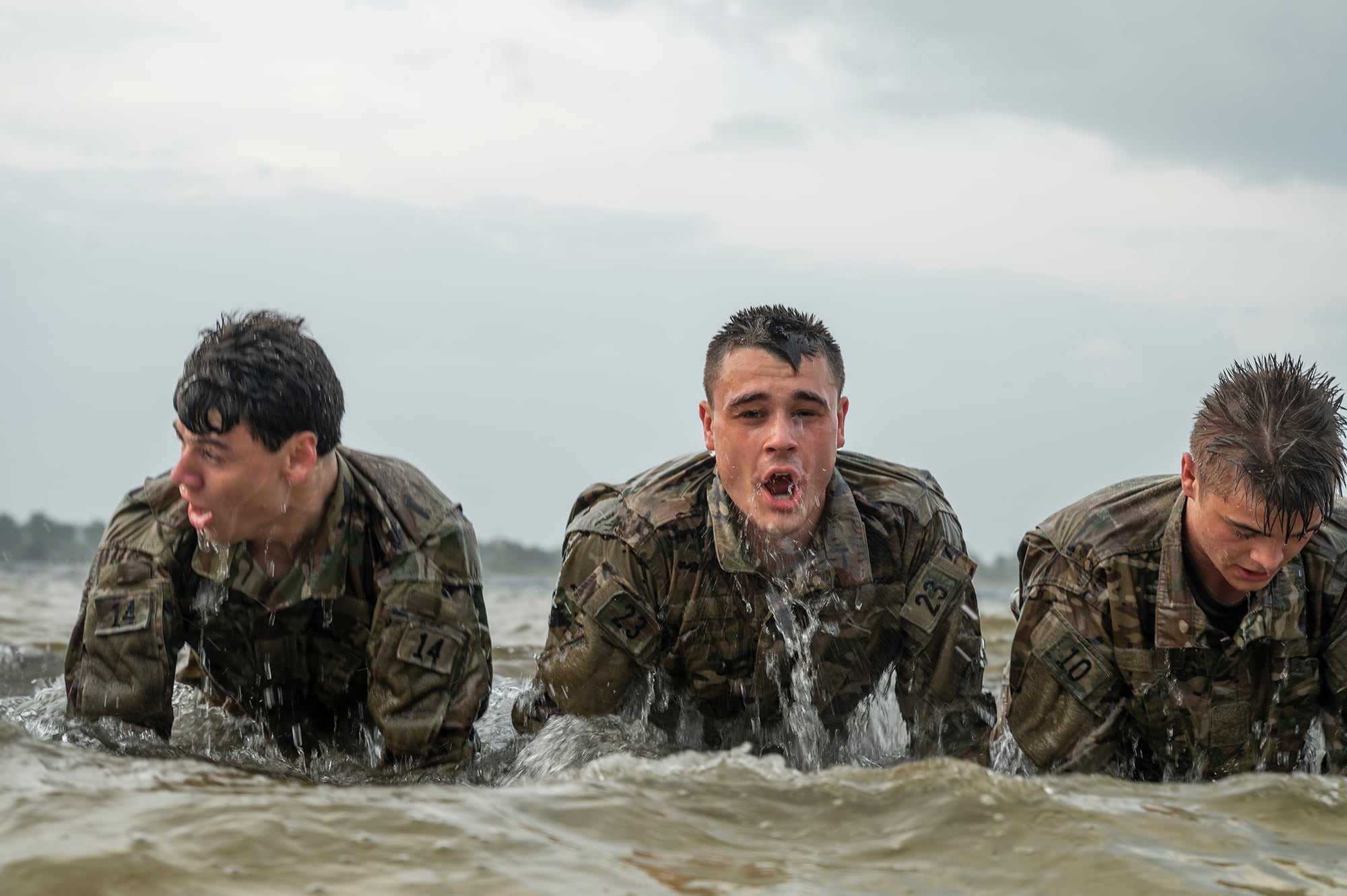
“We do not have information on a EO complaint,” Stephens said. “If filed, these details would be protected under the Privacy Act.”
When asked whether the command held an investigation into how the AFSOC community treats women, as the letter said, Stephens responded that the organization constantly looks at ways to improve itself.
“Promoting a culture of professionalism, dignity and respect is of the utmost importance to the command,” she said.
The instructor who spoke to Air Force Times denied that cadre members were harsher on the woman than they are on male candidates.
Instructors do harass trainees to a certain extent to push them to their limits, but the public eye tempers what is said and done. Many AFSOC members outside of special tactics also work at Hurlburt, meaning visitors were constantly dropping in to watch training events, especially during Phase II.
“You didn’t want to be the guy who was attacking [her],” the instructor said. “People from the wing would come down and watch, especially the pool sessions. … You can’t be cussing, you’re definitely getting on [trainees], but you can’t go over the top because there’s just too many eyes.”
According to the letter, the woman’s status as a trainee was reinstated Monday. She will be allowed to pick up where she left off in the Special Tactics Training Squadron and start Combat Control School again in April, the author said.
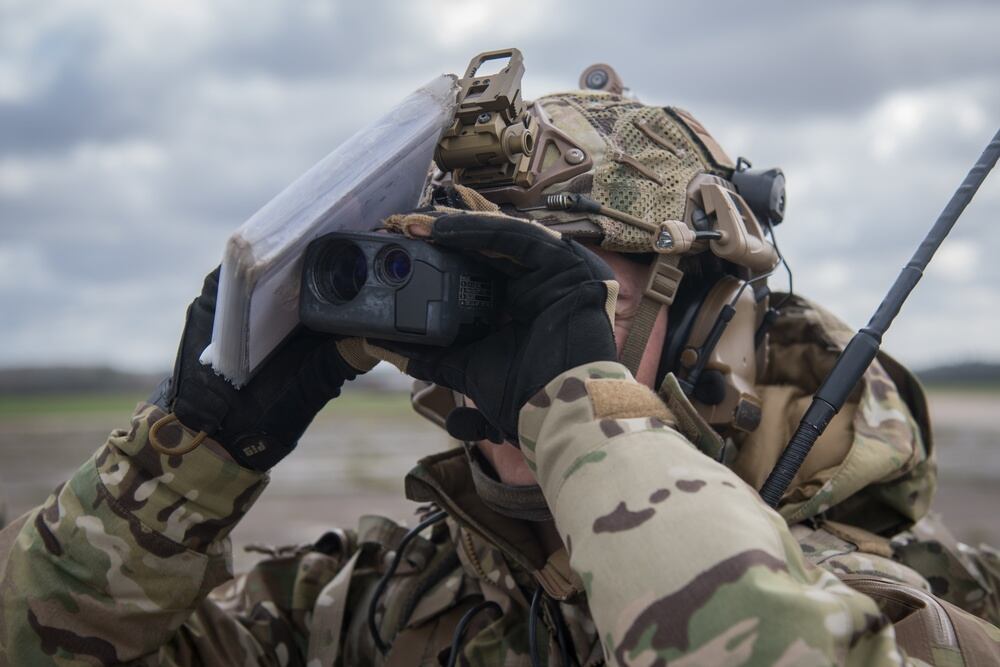
The author alleged that Maj. Spencer Reed, the school’s commander, told the 352nd Special Warfare Training Squadron that the woman “WILL graduate, regardless of if she meets standards or not.”
“[She] will gain a coveted ST beret and the title of the first female STO, despite the negative effects it has on the rest of the ST community,” the letter said.
When asked about that allegation Friday, a command public affairs spokesperson denied it.
“No, we can explicitly say that the ST training pipeline standards, that are tied directly to mission accomplishment, have not changed for a specific trainee, male or female,” the spokesperson said. “If an individual meets the standards and wants to be in a specific career field, he or she will have the opportunity based solely on skill and ability, not gender.”
The community itself is grappling with the letter’s fallout. An unnamed special operations squadron held an all-hands meeting Wednesday to “remind our airmen to maintain professionalism and operational security both in person and online,” Stephens told Air Force Times.
“There were multiple topics of discussion including teamwork, trust, OPSEC and professionalism,” she added. “There is no ‘gag order’ placed on any airmen.”
While AFSOC doesn’t know the author’s identity, Slife chastised the anonymous writer for singling out the female trainee through “abusive bullying and vindictive harassment.”
“I am simply left profoundly disappointed someone in our community would treat a fellow airman in this fashion,” Slife wrote. “To the author of the anonymous email and those who share the same perspective, please know it is you who haven’t met our standards.”
Rachel Cohen is the editor of Air Force Times. She joined the publication as its senior reporter in March 2021. Her work has appeared in the Washington Post, the Frederick News-Post (Md.), Air and Space Forces Magazine, Inside Defense, Inside Health Policy and elsewhere.
Kyle Rempfer was an editor and reporter who has covered combat operations, criminal cases, foreign military assistance and training accidents. Before entering journalism, Kyle served in U.S. Air Force Special Tactics and deployed in 2014 to Paktika Province, Afghanistan, and Baghdad, Iraq.
